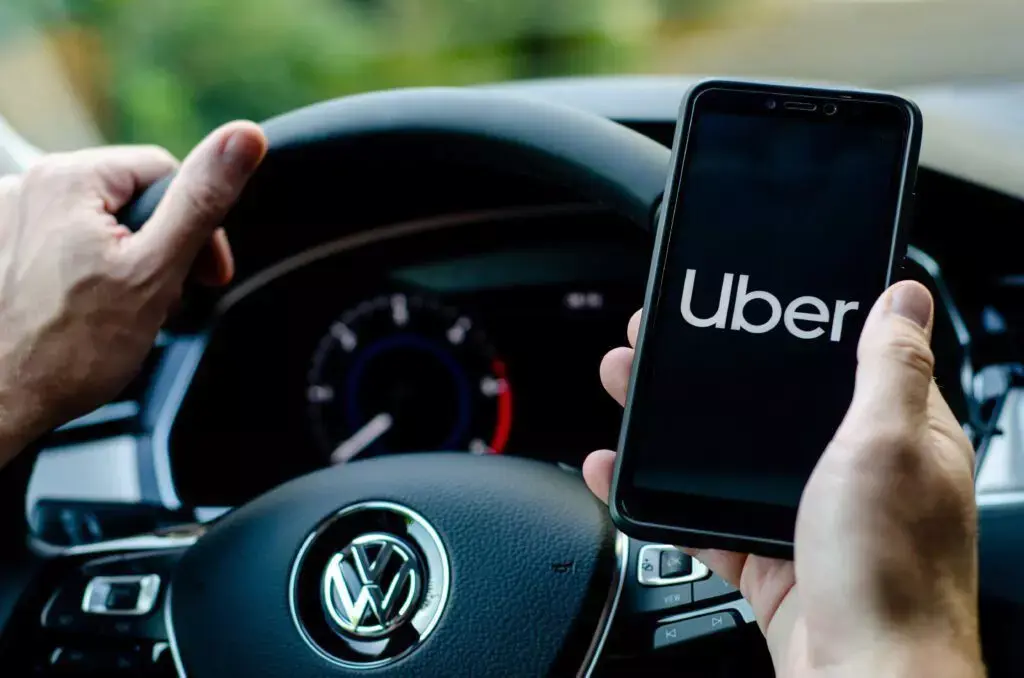Uber's rival taxi firms outside London will not be required to pay 20% VAT on their profits, following a UK Supreme Court ruling that private-hire operators do not form contracts directly with passengers.
The case stemmed from a 2021 Supreme Court decision that classified Uber drivers as workers, affecting the company’s tax responsibilities. Uber later sought a legal declaration that private-hire operators do, in fact, contract with passengers. The High Court in London sided with Uber in 2023, a decision that would have made such operators liable for VAT at 20%.
However, that ruling was overturned by the Court of Appeal in July last year after private-hire firms Delta Taxis and Veezu challenged it. Uber took the matter to the Supreme Court, which on Tuesday unanimously rejected the appeal.
Separately, Estonian ride-hailing and food delivery firm Bolt earlier this year successfully appealed against a decision by HMRC over VAT liability. The court ruled that Bolt is only required to pay VAT on its commission, not the entire fare. HMRC has now been granted permission to appeal that decision in the Court of Appeal.








.svg)


